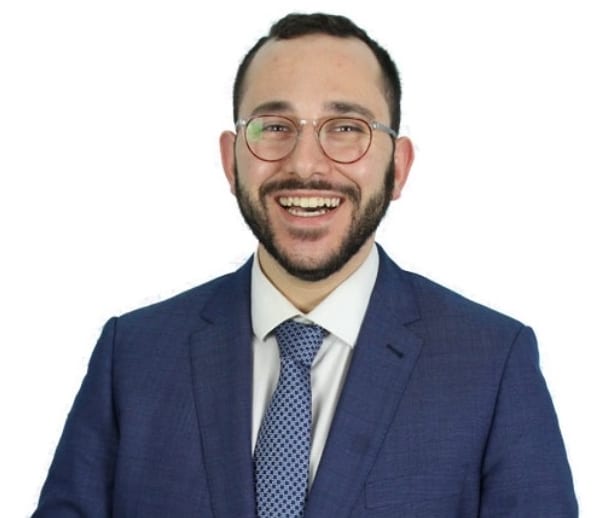-
05 February 2021
By Max Meizlish
 Few things in America are removed from politics, and gender is definitely not among them. Leading up to the 2020 election, major news outlets provided breathless coverage of how the unique brands of masculinity exhibited by Donald Trump and Joe Biden reflected their particular leadership styles.
Few things in America are removed from politics, and gender is definitely not among them. Leading up to the 2020 election, major news outlets provided breathless coverage of how the unique brands of masculinity exhibited by Donald Trump and Joe Biden reflected their particular leadership styles.
In 2020, The New York Times alone ran nearly 100 stories about men and boys. Some went so far as to suggest masculinity may be to blame for increasing cases of COVID-19. The Guardian also published a week-long series about modern masculinity. What it means to be a man, it seems, is far from clear and certainly not without consequence.
It was this question — what does it mean to be a man? — that brought me to “Mindful Masculinity,” a program sponsored by The Jewish Federation of Greater Washington. Through this initiative, young men are asking what masculinity means to them, as well as what role, if any, Judaism has to play in that conversation.
According to GQ’s 2019 “New Masculinity” survey, over seventy percent of men would like to be described by their friends as “honest” and “respectful.” Just eight percent seek the label of “macho.” In other words, the modern man hopes to be a person of integrity and honor Take that, “toxic” masculinity!
There is, of course, more to being a man than being honest and respectful. One should also be mindful. But discussing gender can be complicated, and I had my fair share of reservations going into the Mindful Masculinity program.
When talking about gender and, more specifically, what gender means, words have the potential to take on more weight and significance than they otherwise would. People also seem to take offense more easily when discussing gender norms without offering an opportunity for explanation or further discourse. Worse yet, they have the propensity to quickly judge someone with whom they may disagree or fail to understand.
I worried: what if I said the “wrong” thing?
But none of that happened. No one came to Mindful Masculinity with an agenda. This was a space for people who were interested in learning the views and experiences of others, not shaming them into thinking a particular way or apologizing for holding certain views.
In fact, since discussing what it means to be a man — a Jewish man — with others who hoped to do the same, I have grown closer to the Jewish community here in Washington, DC. Now, opportunities are opening up to participate in other community-oriented programming, and to perhaps even plan my own events specific to the issues I find most interesting and compelling.
This isn’t because I avoided saying the “wrong” thing or because I said what I thought others in the group wanted to hear. It is because the Jewish community encourages an open exchange of voices and opinions. Inclusion and diversity of thought means what it should.
But if we all just, dare I say, “manned up” and acted a bit more mindfully, we would be much better off. We might even find that we have more in common with our neighbors than we thought.
